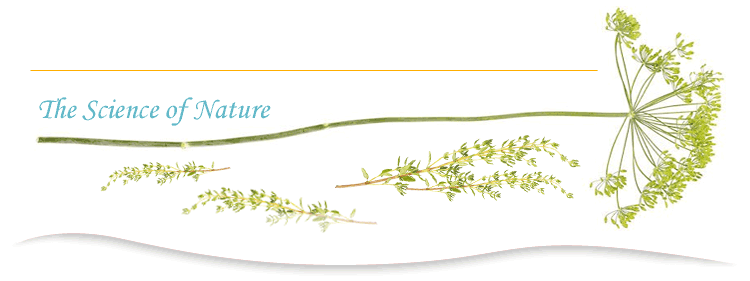

Signs and symptoms of depression
Having a “depressed” mood maybe an adequate and appropriate reaction following a loss or a grief; in those cases, this depressive state is usually brief and self limited. If, however, your symptoms are more chronic or severe, if you have a constant feeling of sadness, if you cannot enjoy anything or if you have feelings of hopelessness, those maybe the signs of a more serious condition for which seeking help maybe advisable. Here is a list of symptoms commonly associated with depression:
1. Psychological symptoms:
- continuous low mood or sadness,
- mood often dominated by dejection, gloominess, cheerlessness, joylessness, unhappiness
- feelings of inadequacy, worthlessness, and low self-esteem
- feelings of hopelessness and helplessness,
- sadness and/or tearfulness,
- critical, blaming, and derogatory toward self
- broody and given to worry
- feelings of guilt,
- feeling irritable, critical, and judgmental toward others,
- lack of motivation and little interest in things,
- poor concentration or difficulty making decisions,
- reduced sex drive,
- suicidal thoughts or thoughts of harming someone else,
- decreased activity
- decreased effectiveness and productivity (e.g., not performing well at work),
- social withdrawal (e.g., avoiding social contacts),
- reduced hobbies and interests, and
- difficulties at home and with family life.
2. Physical symptoms:
- change in appetite (poor appetite or overeating),
- insomnia or hypersomnia (for example, problems falling asleep or waking in the early hours of the morning, or constantly sleeping during the day).
- low energy or fatigue; slowed movement or speech,
- unexplained aches and pains,
- reduced sex drive,
If you have one or several of these signs and symptoms, or if you think you may suffer from depression or any other physical or mental condition, it is highly recommended that you consult your health care provider as medical advice must only be obtained from a qualified health practitioner.
Other Resources
Are you worried about someone or do you think you may need help for yourself? Click here for a list of resources in Canada, the US, the UK and Worldwide.
